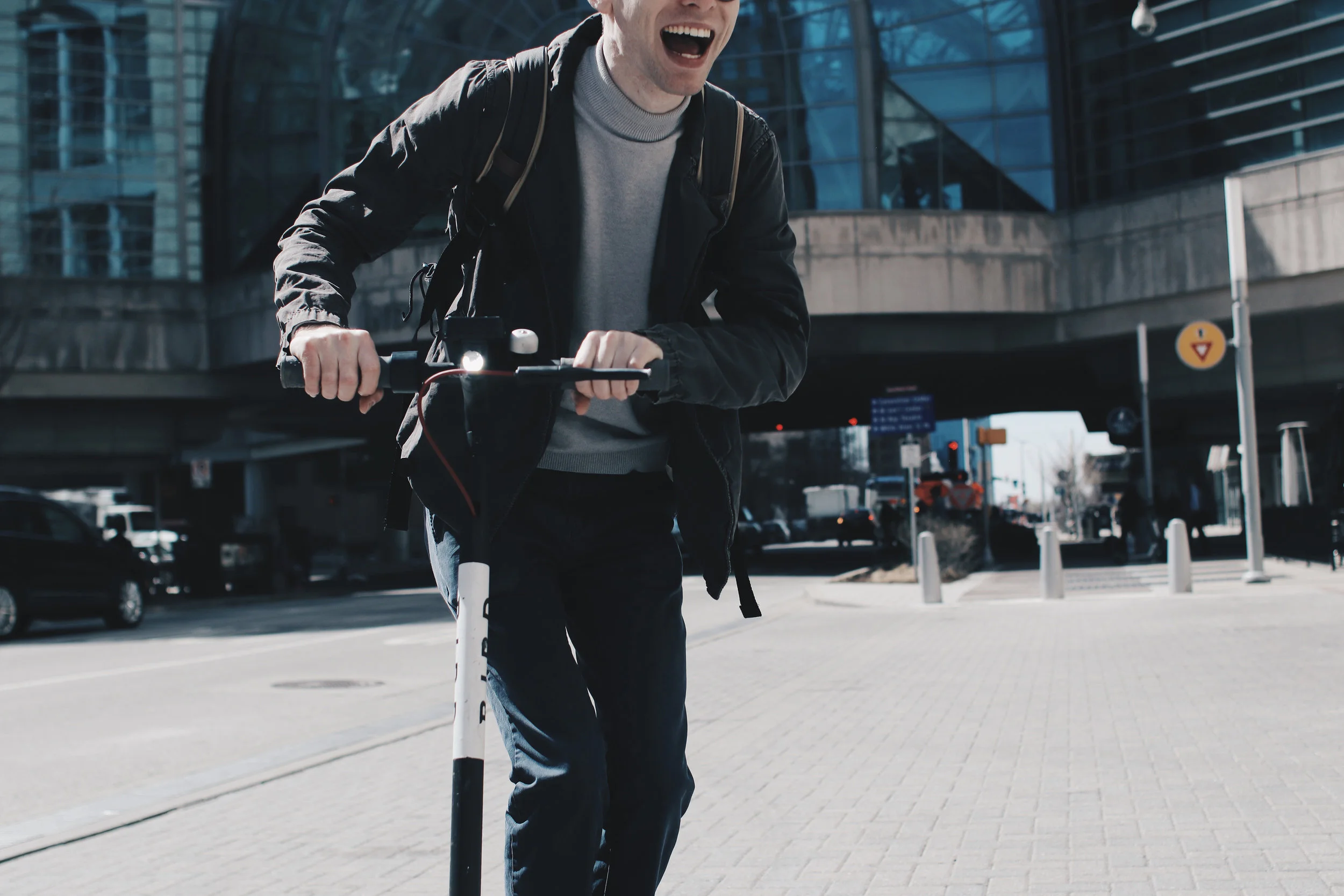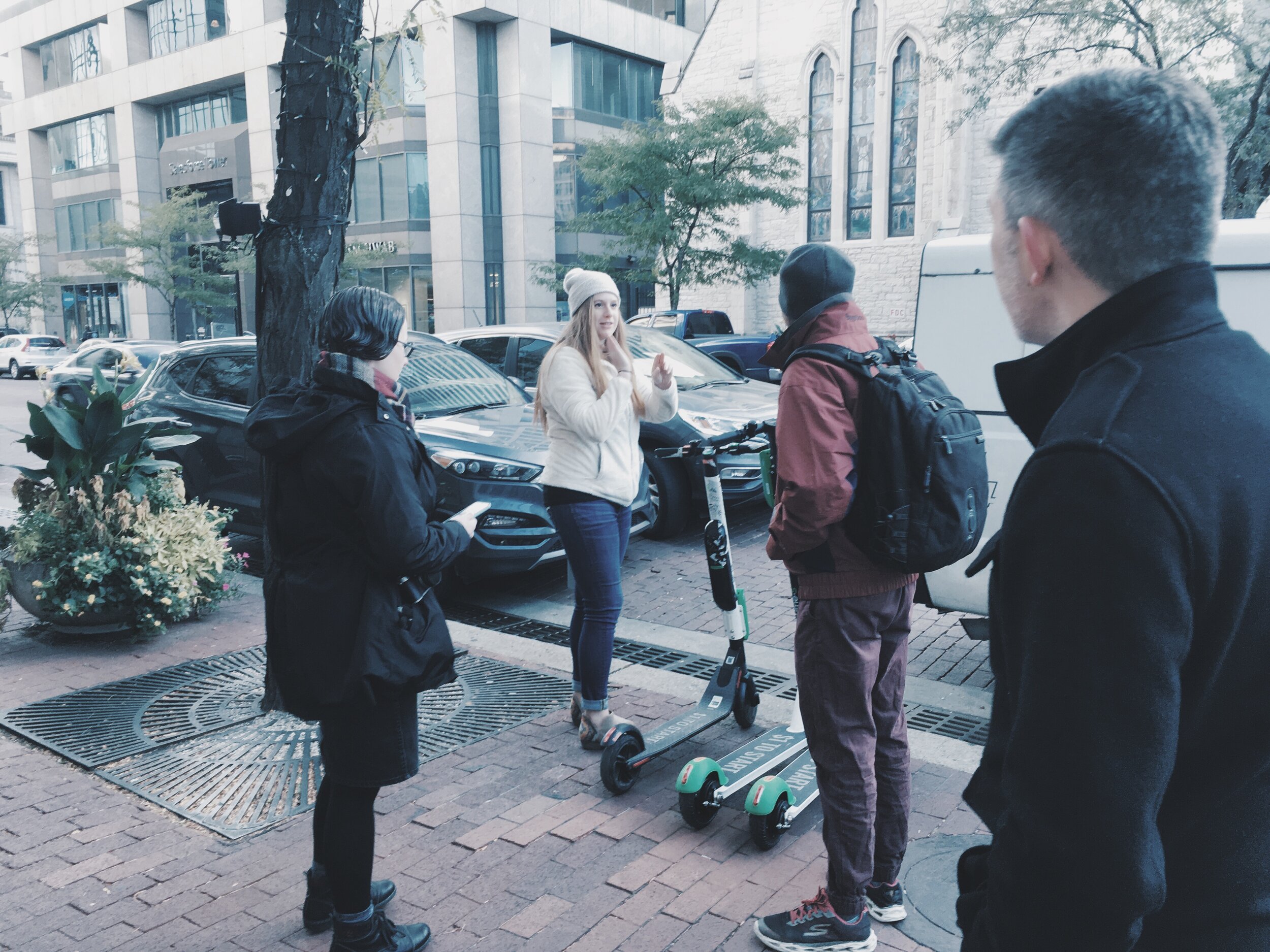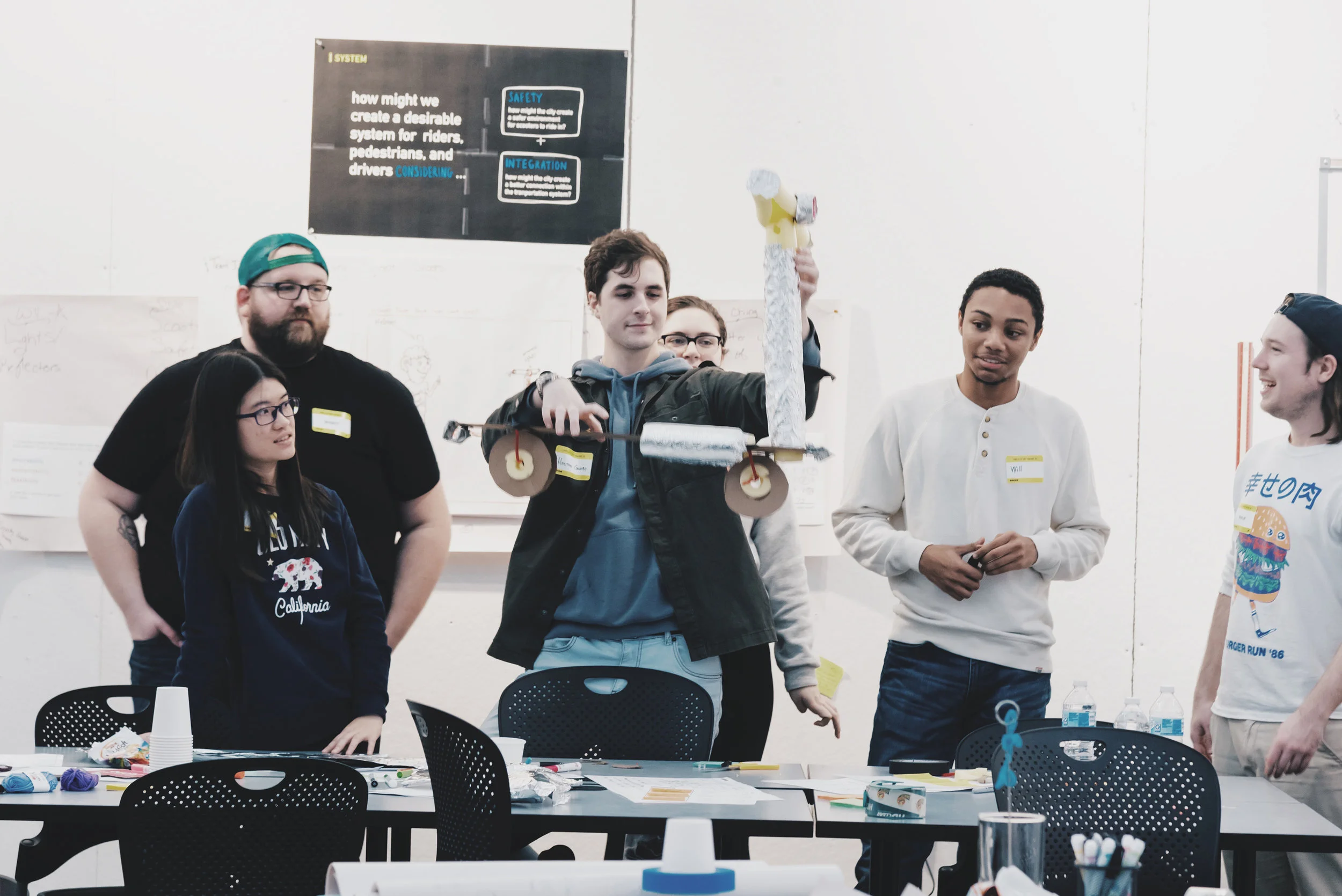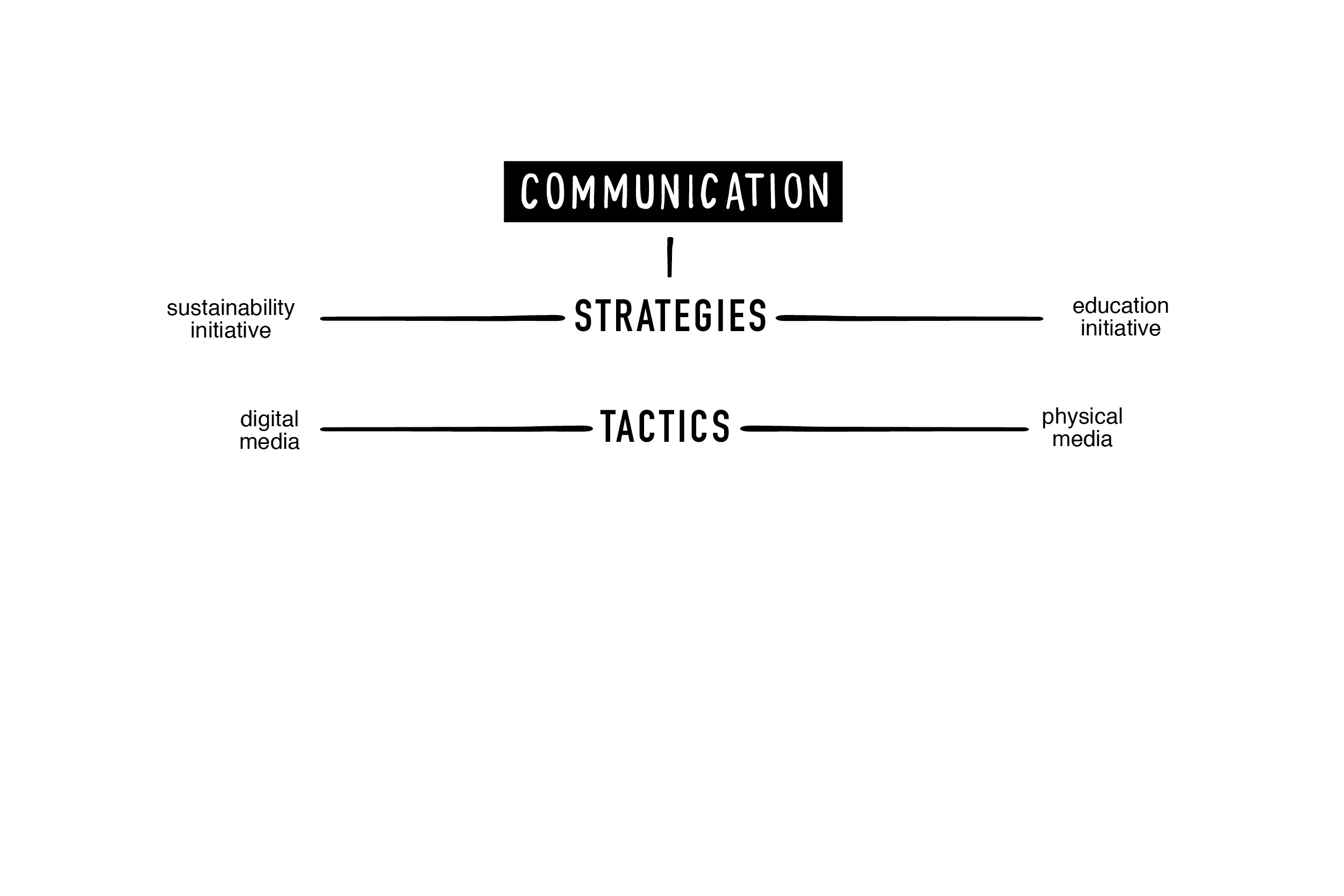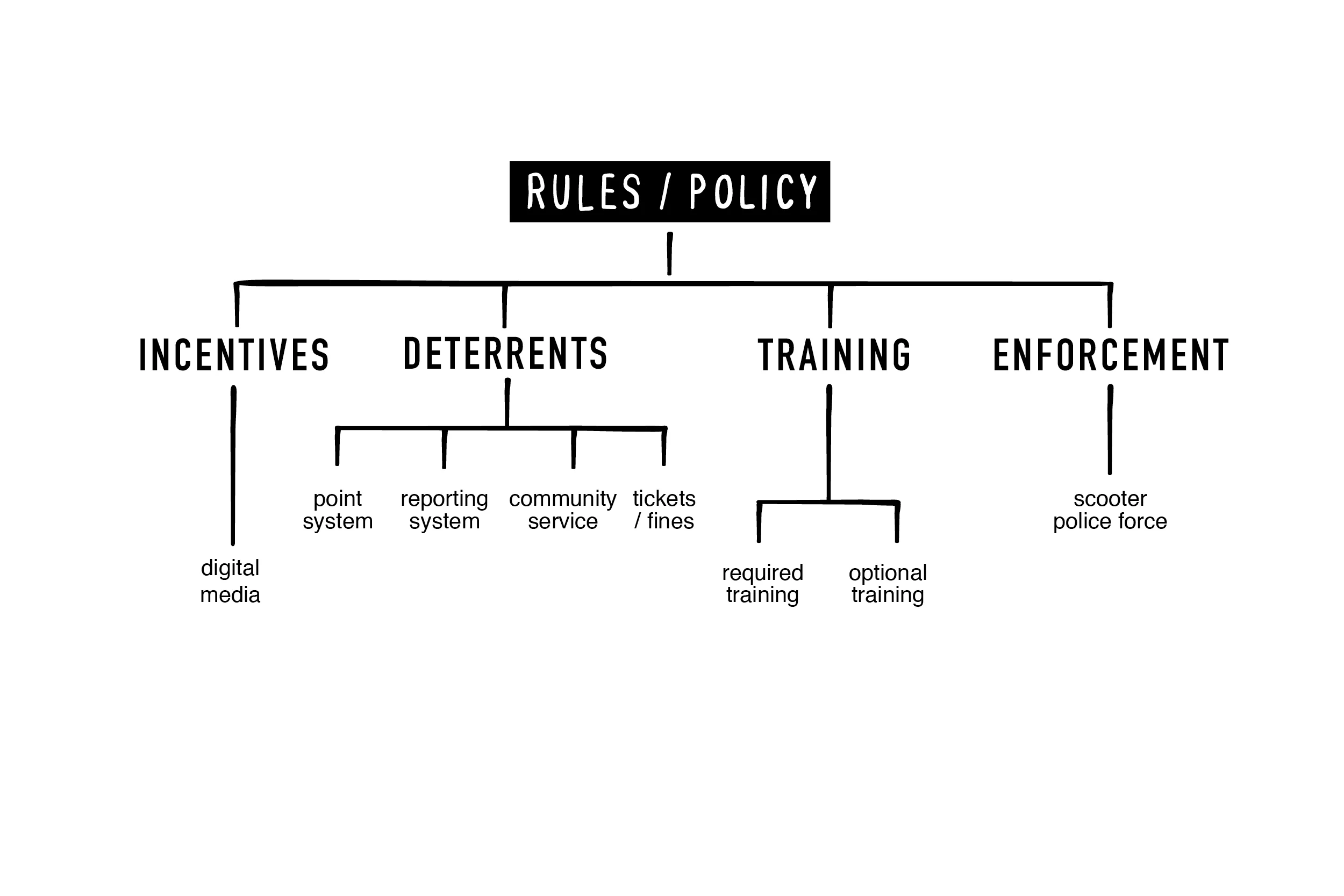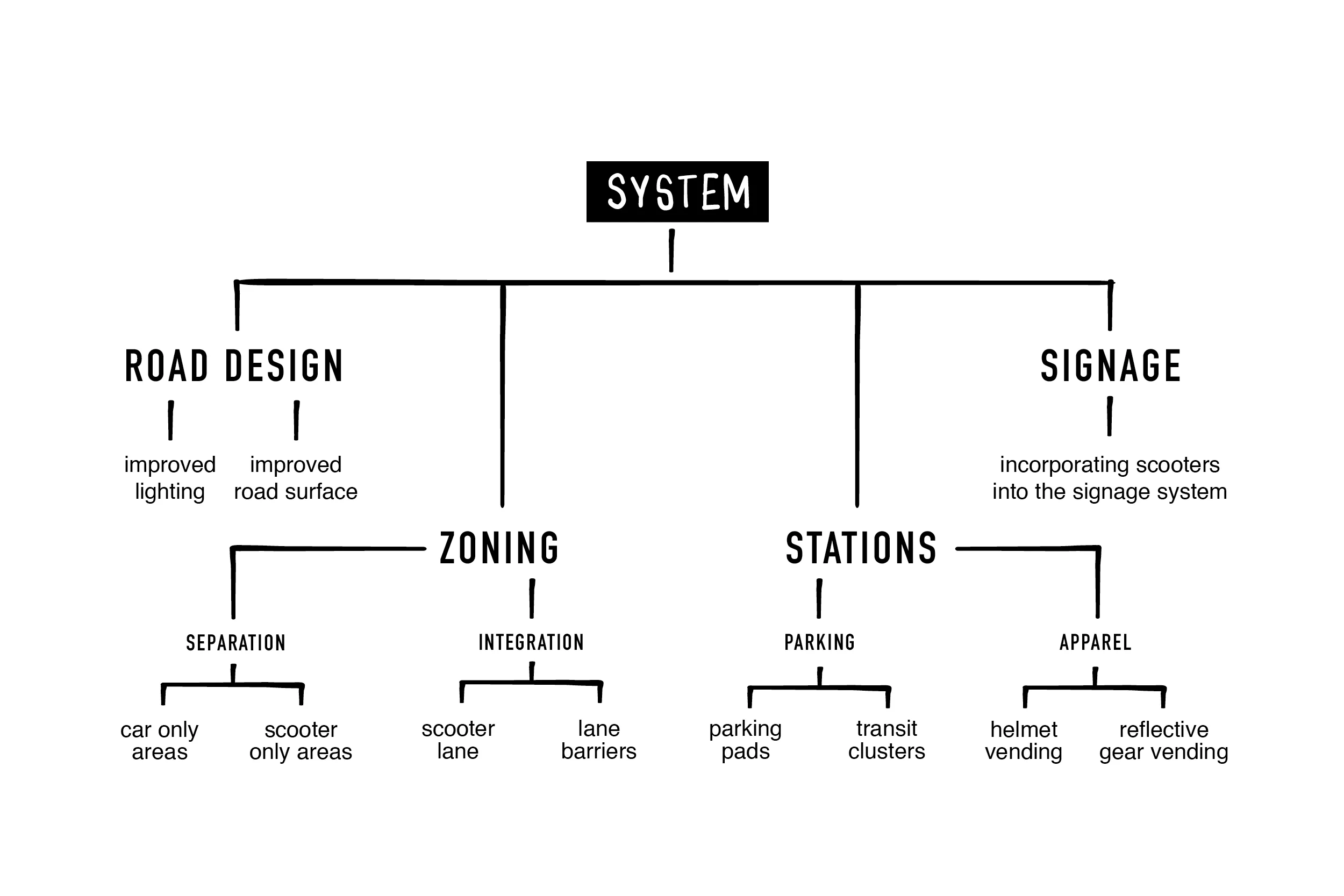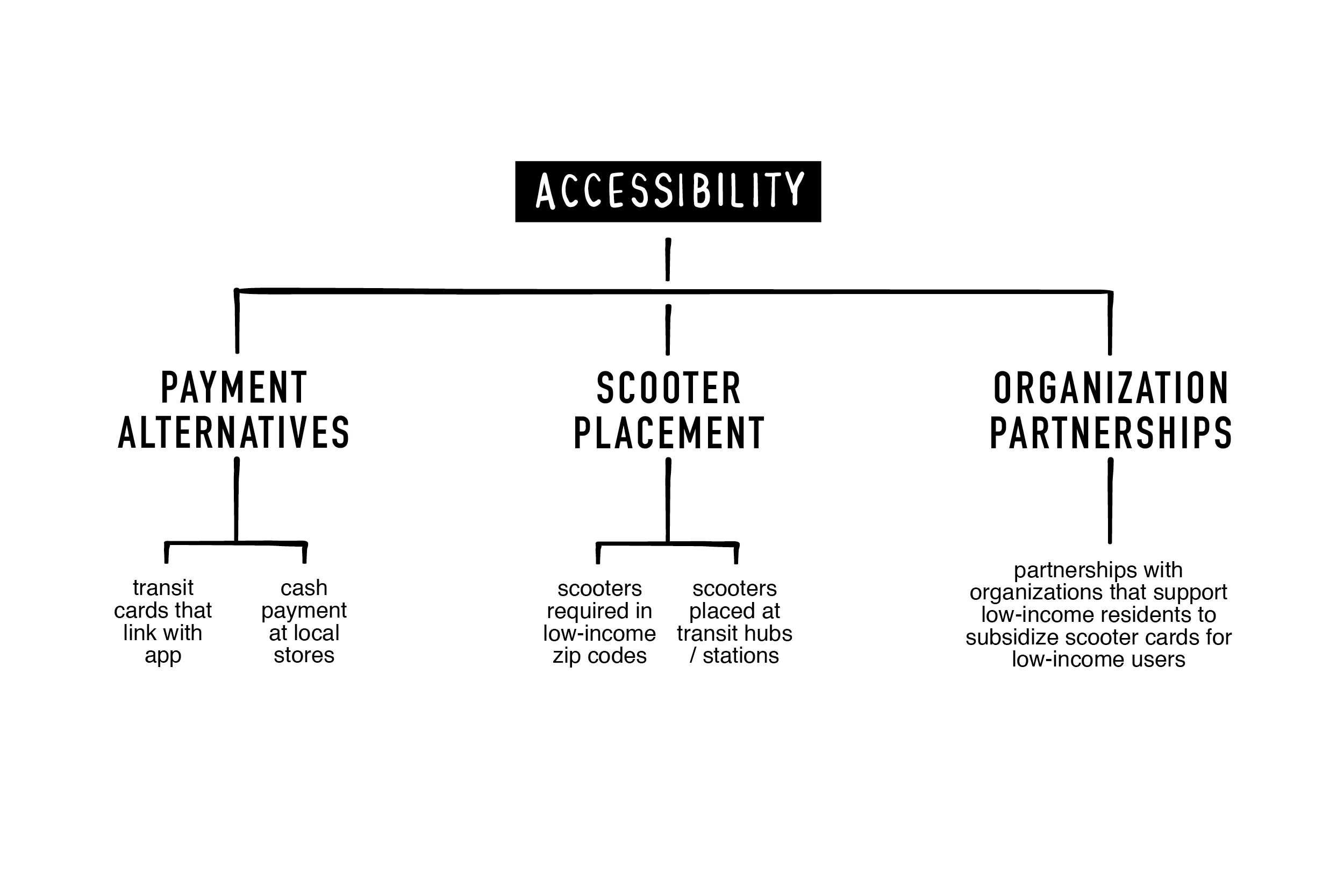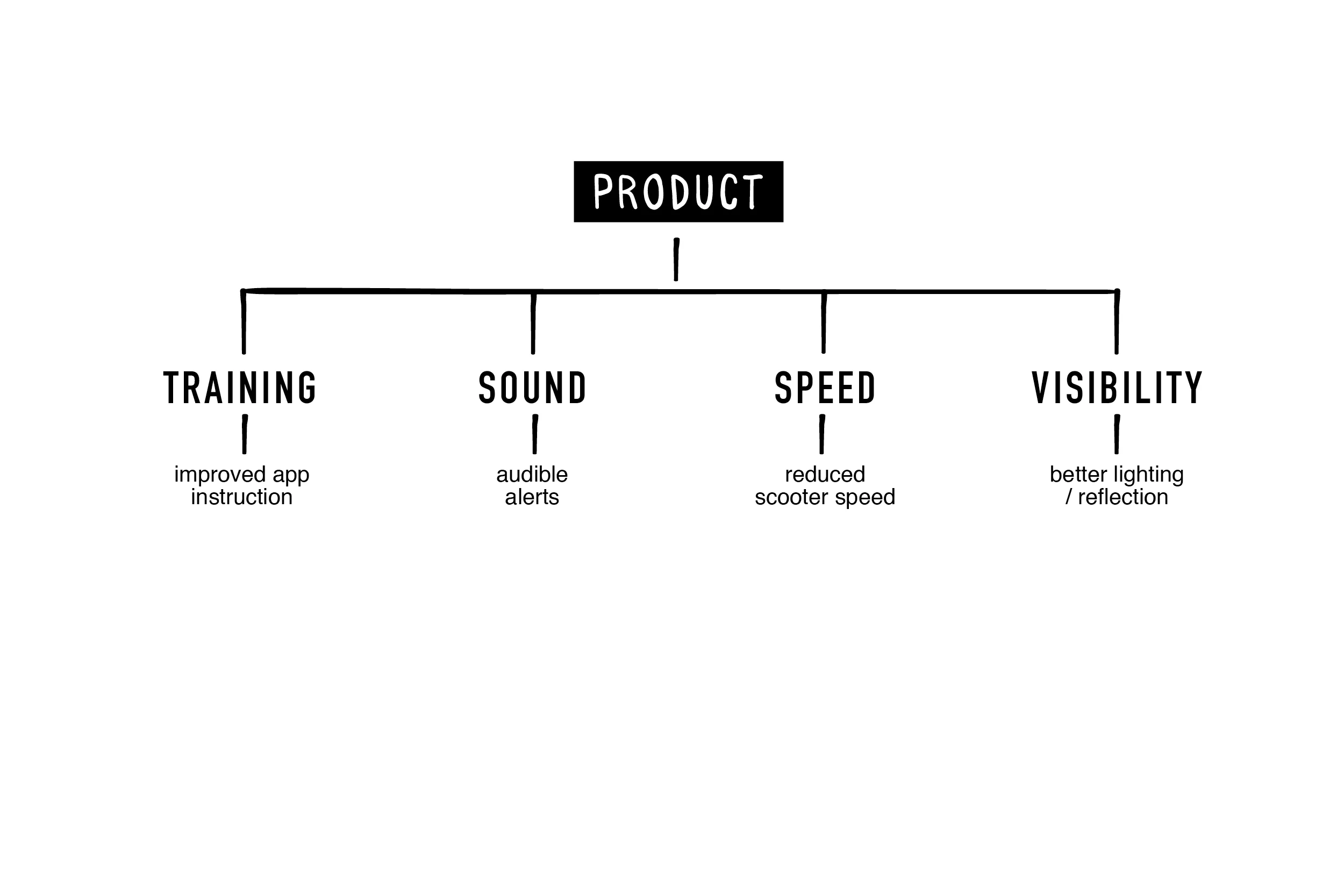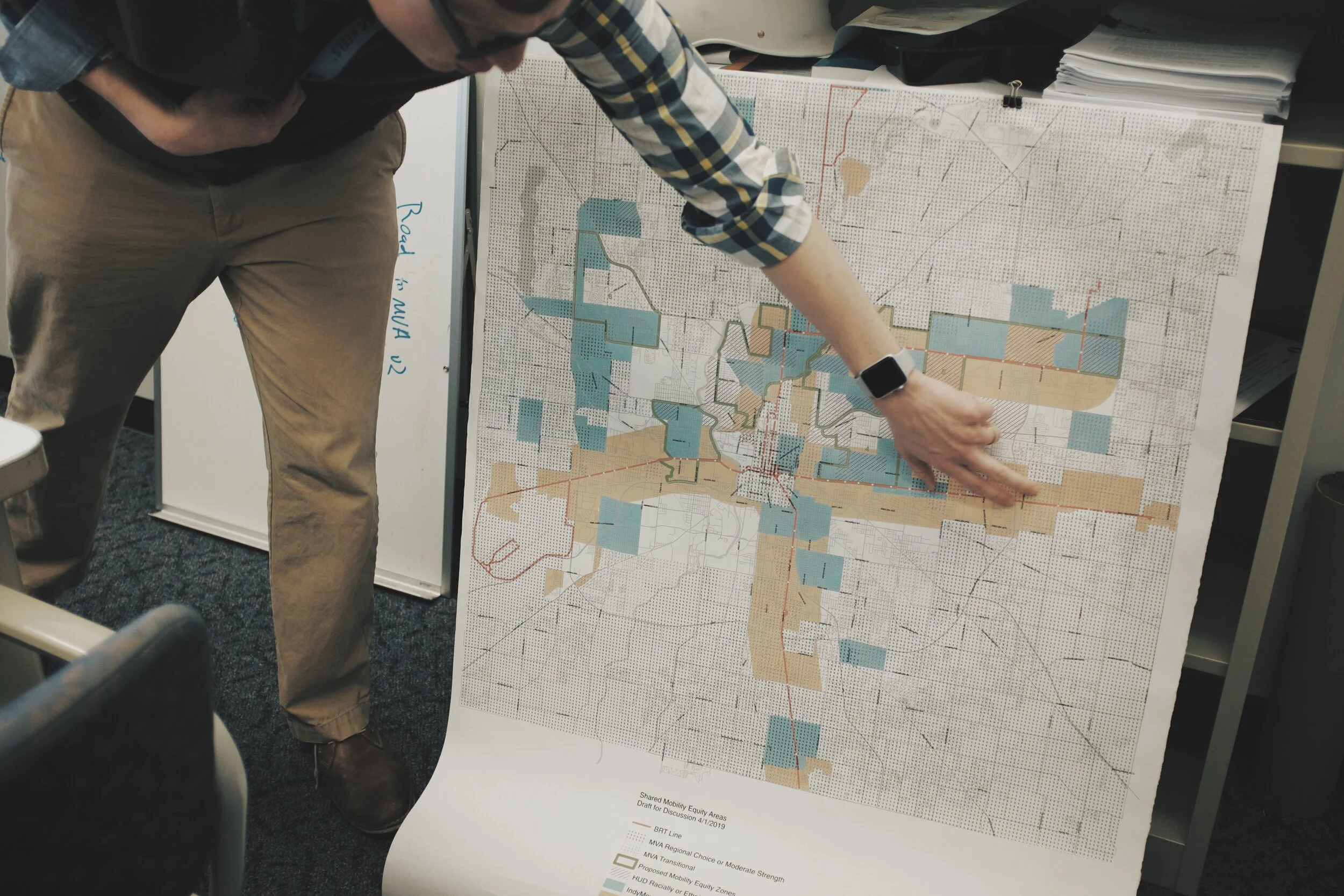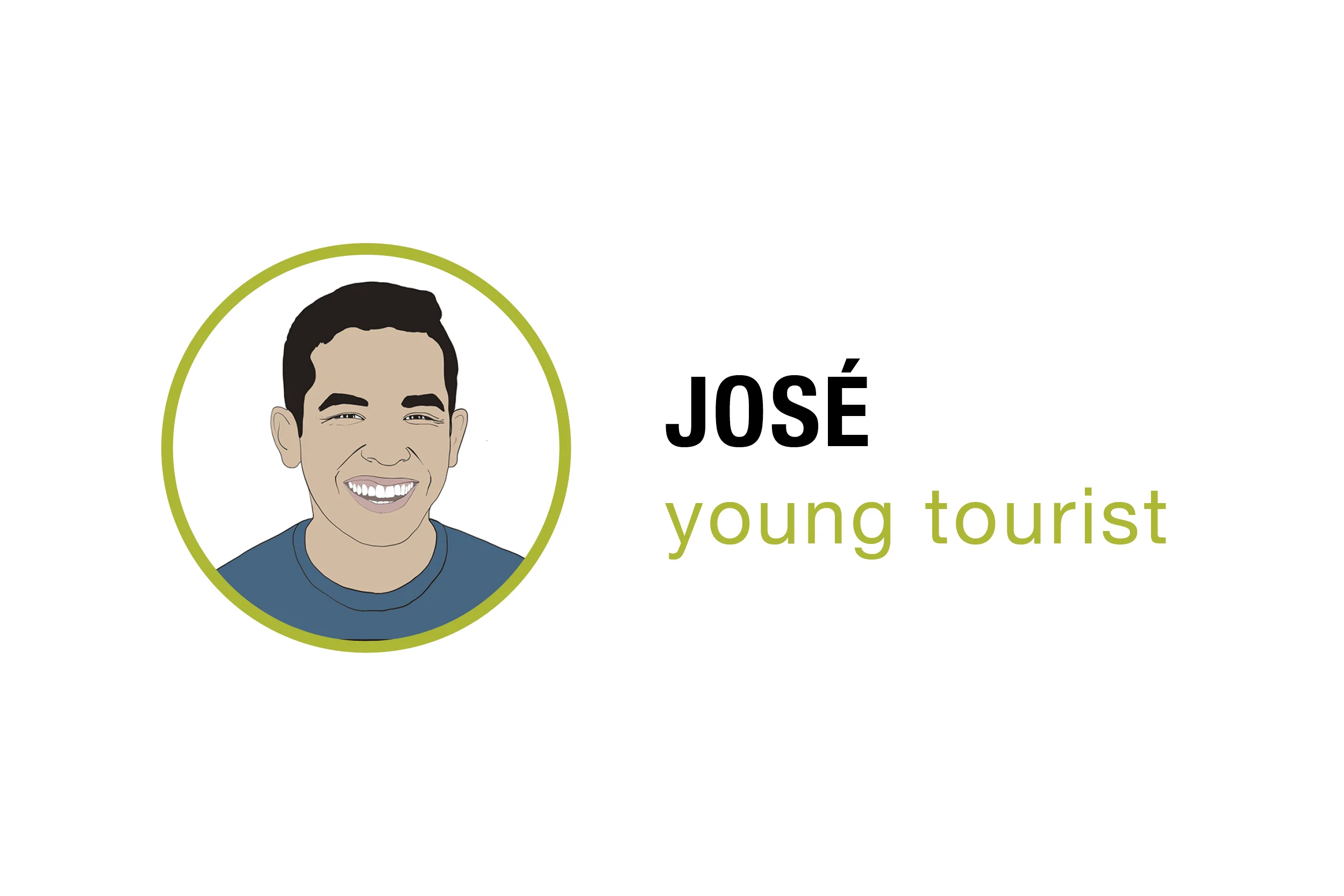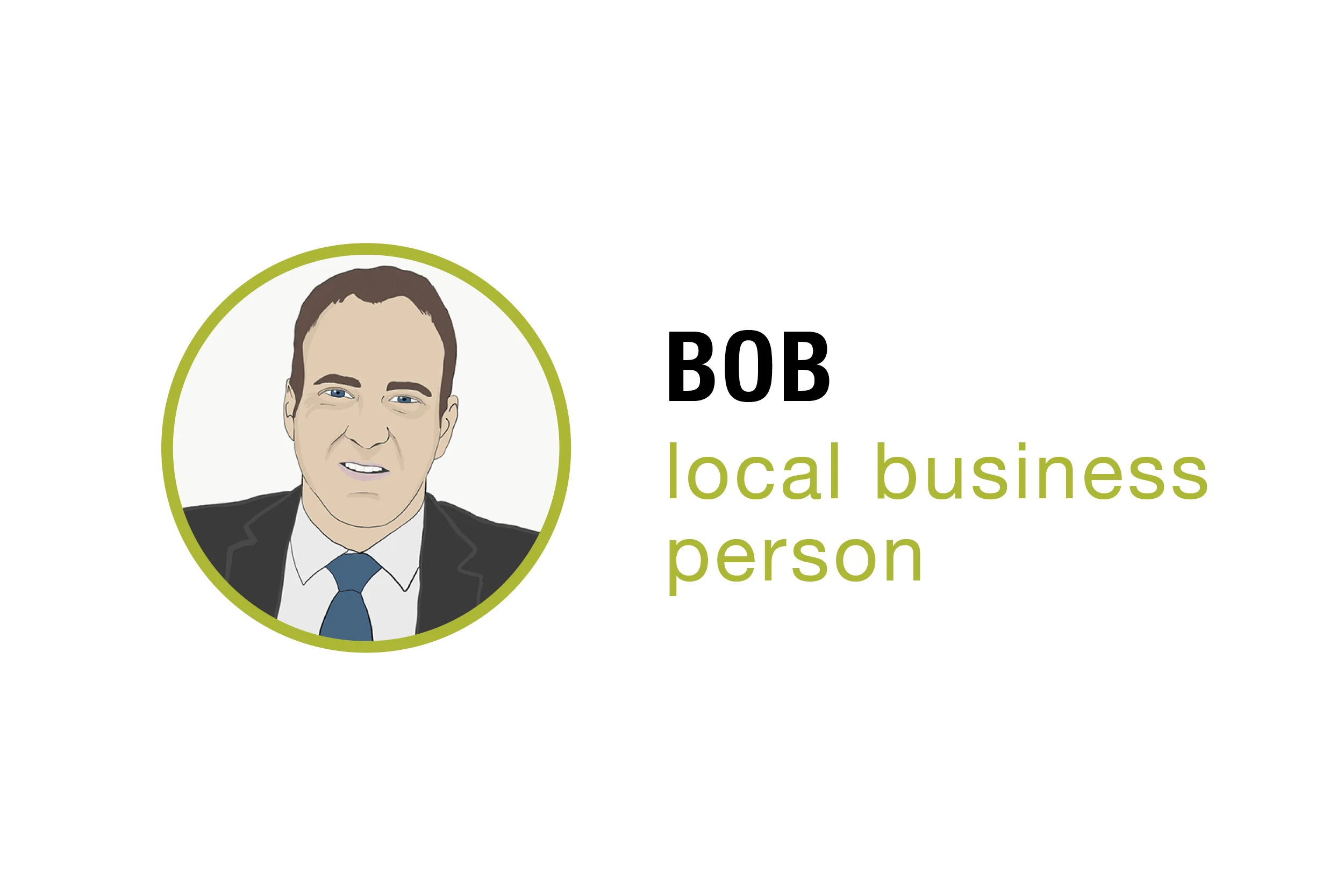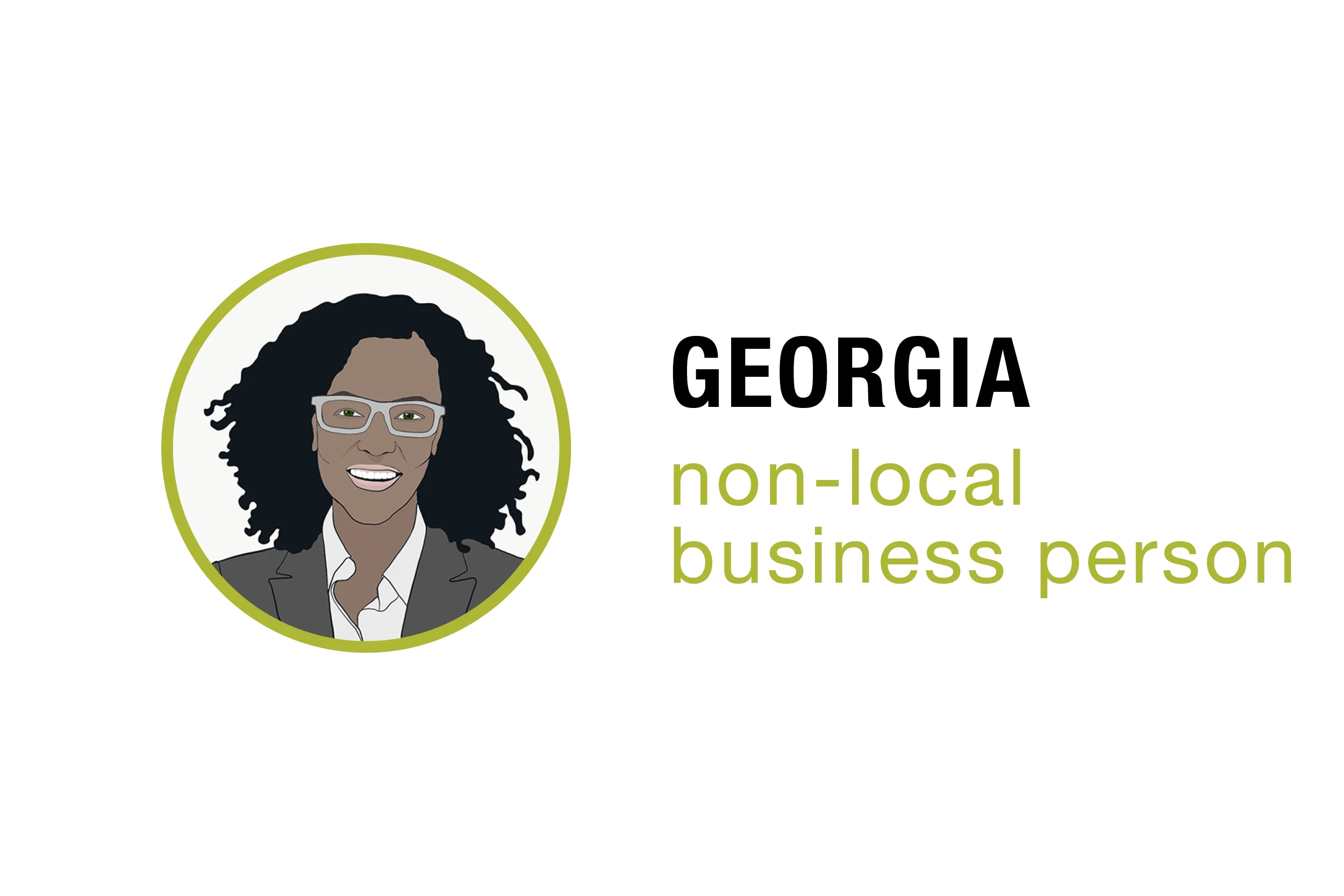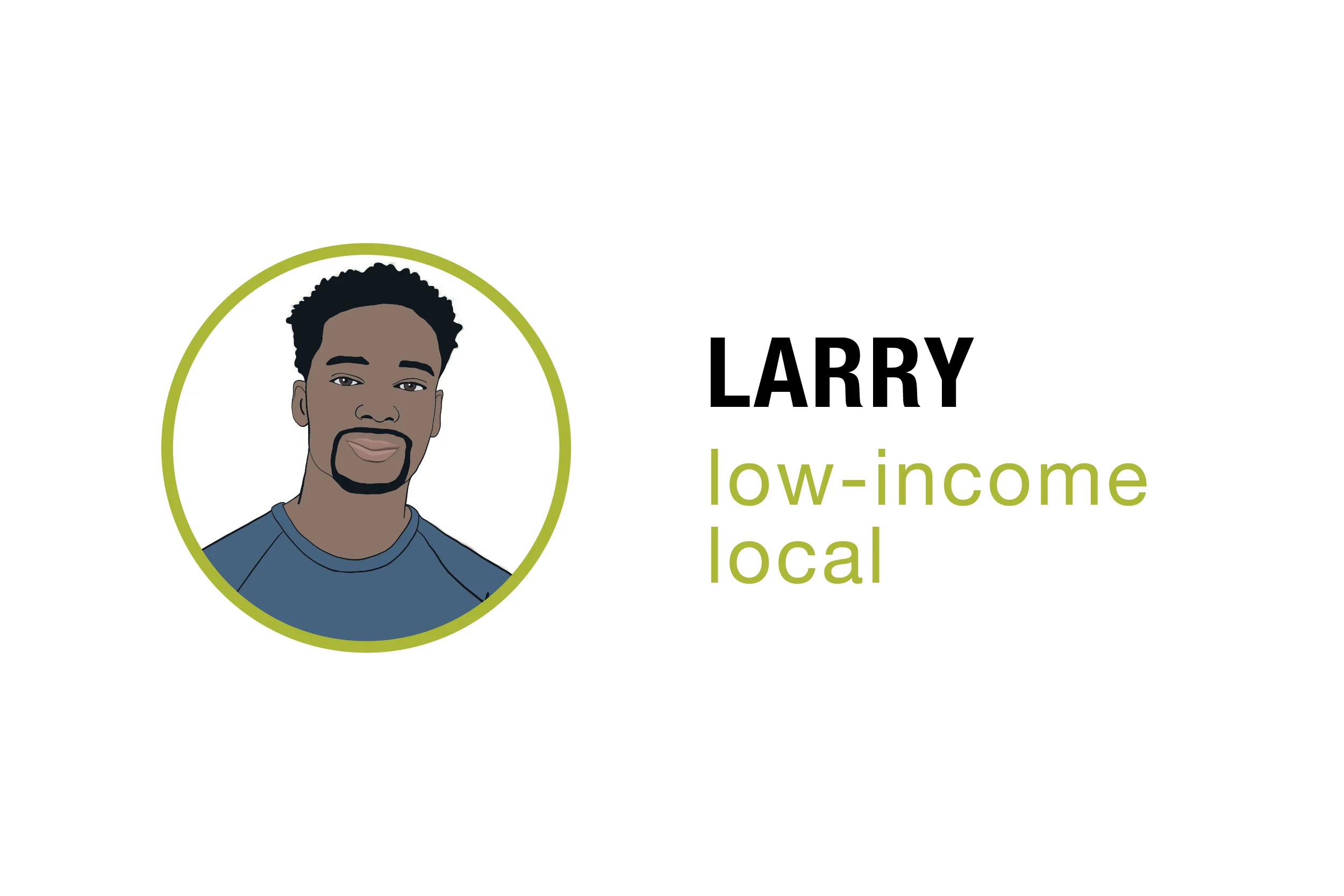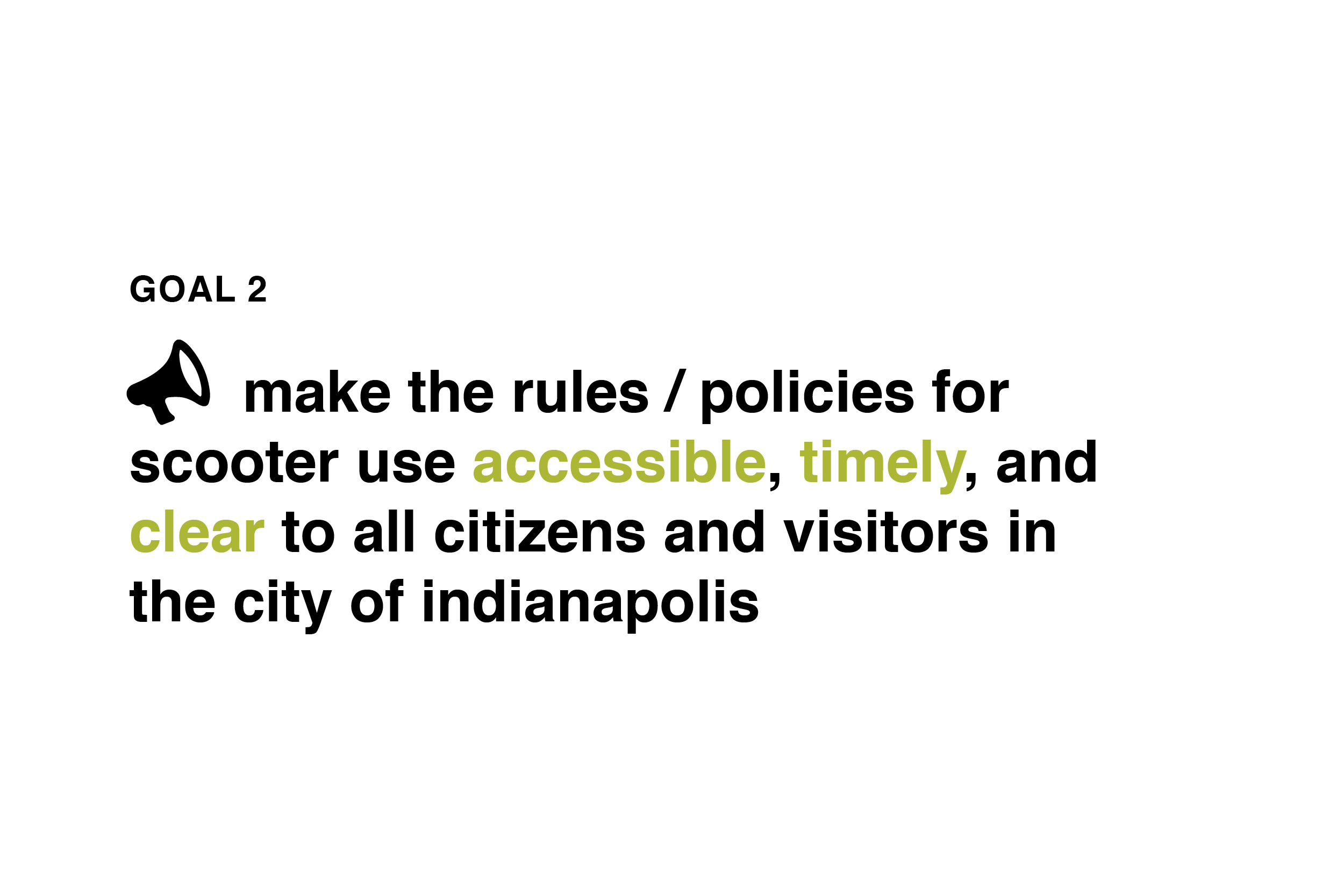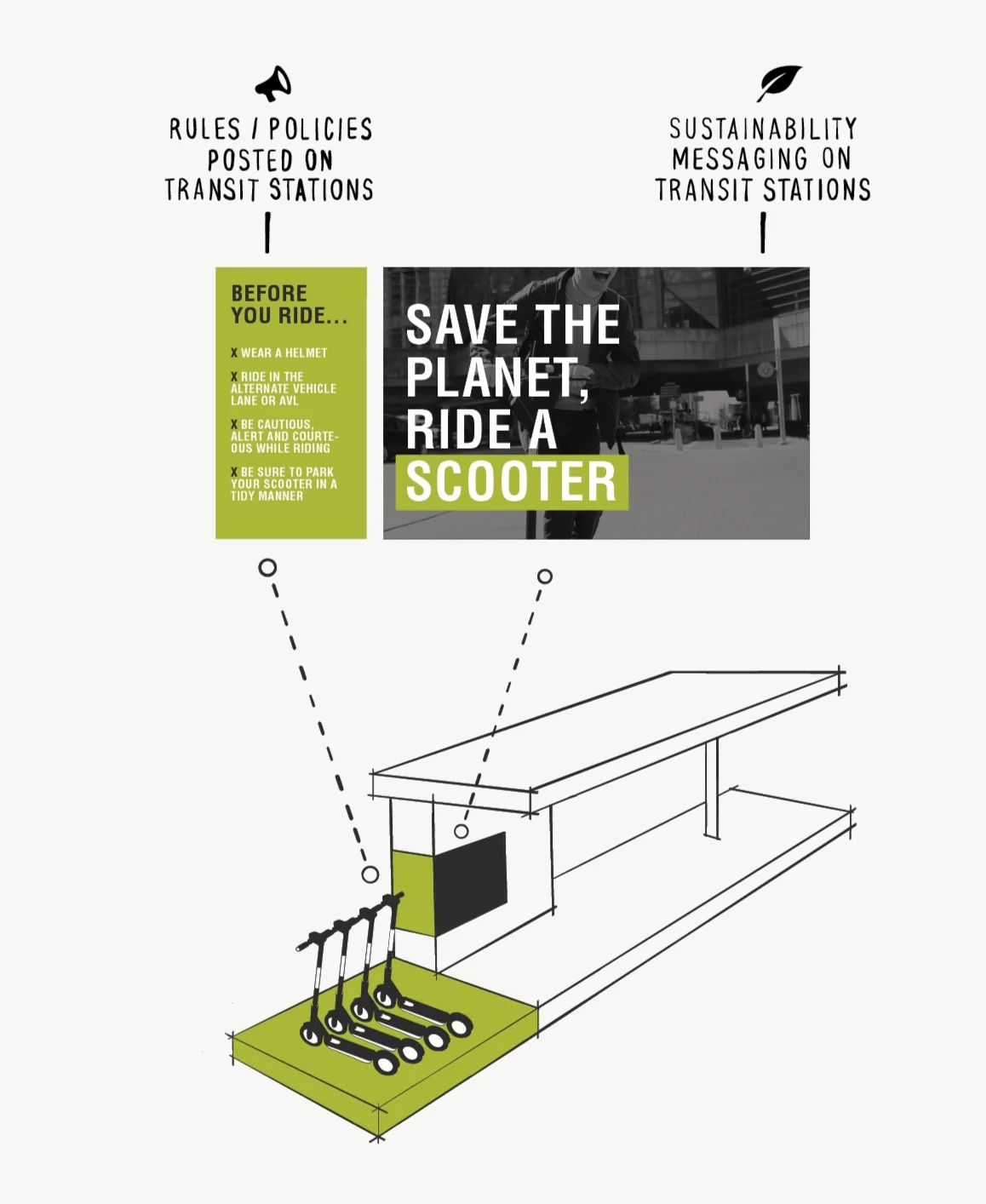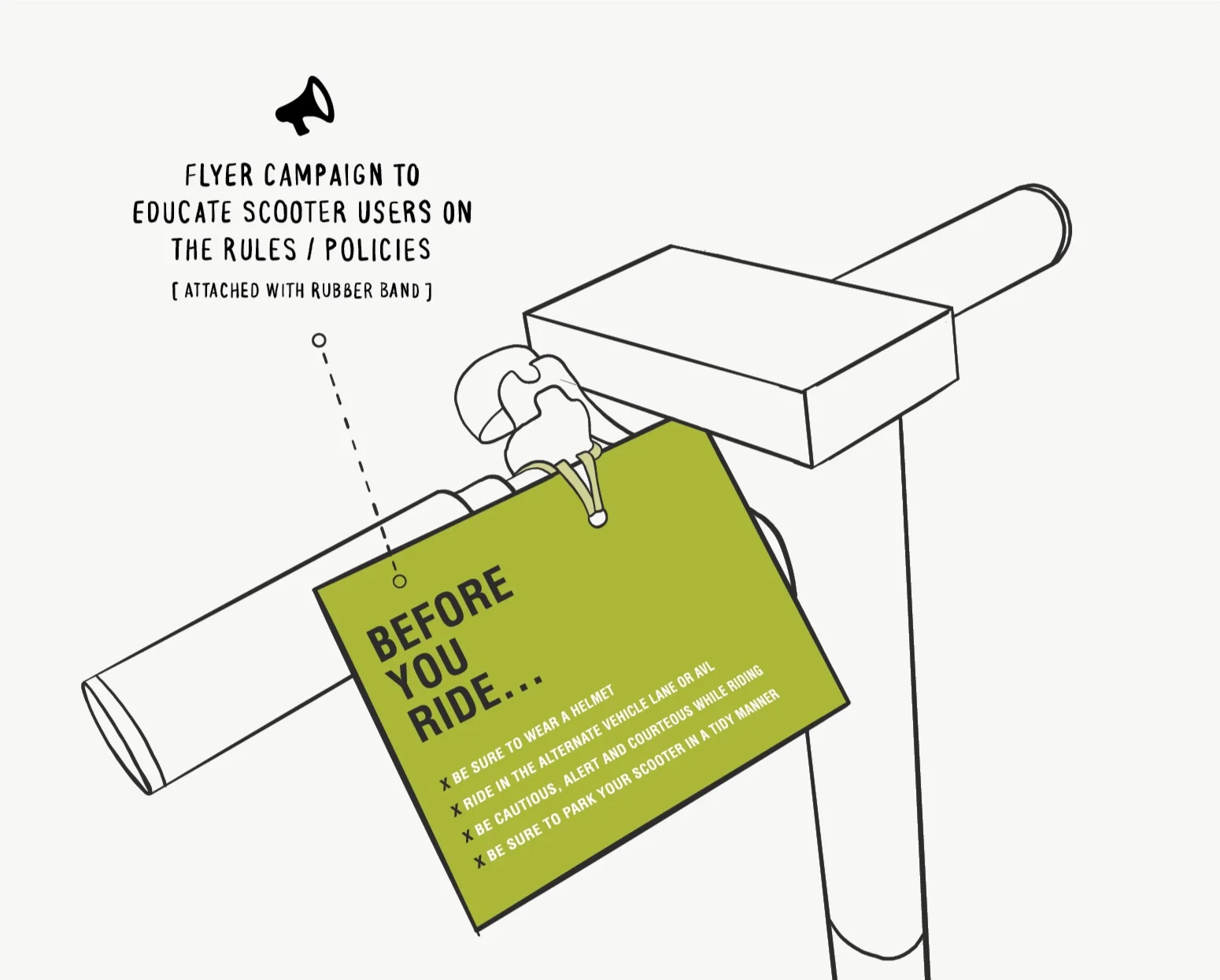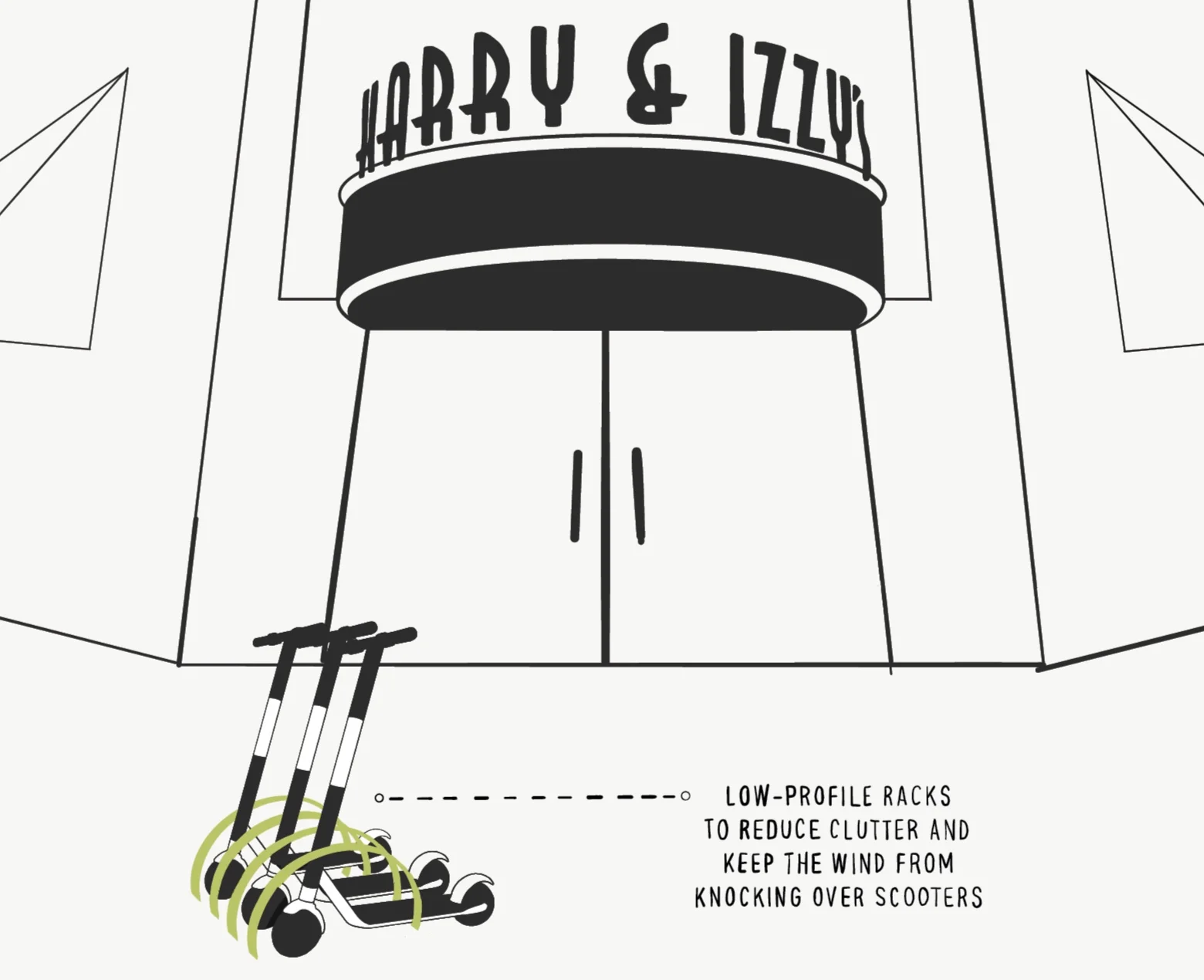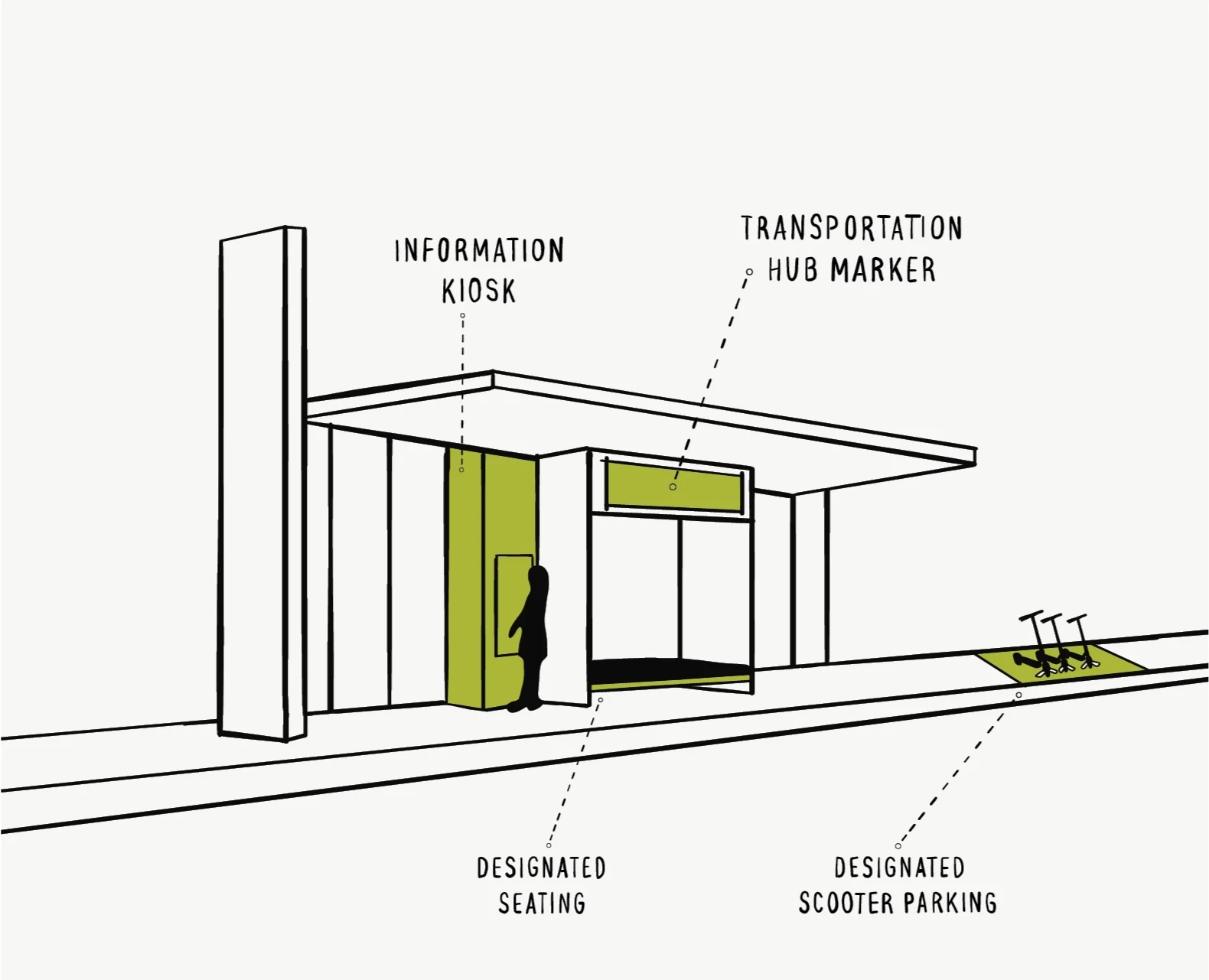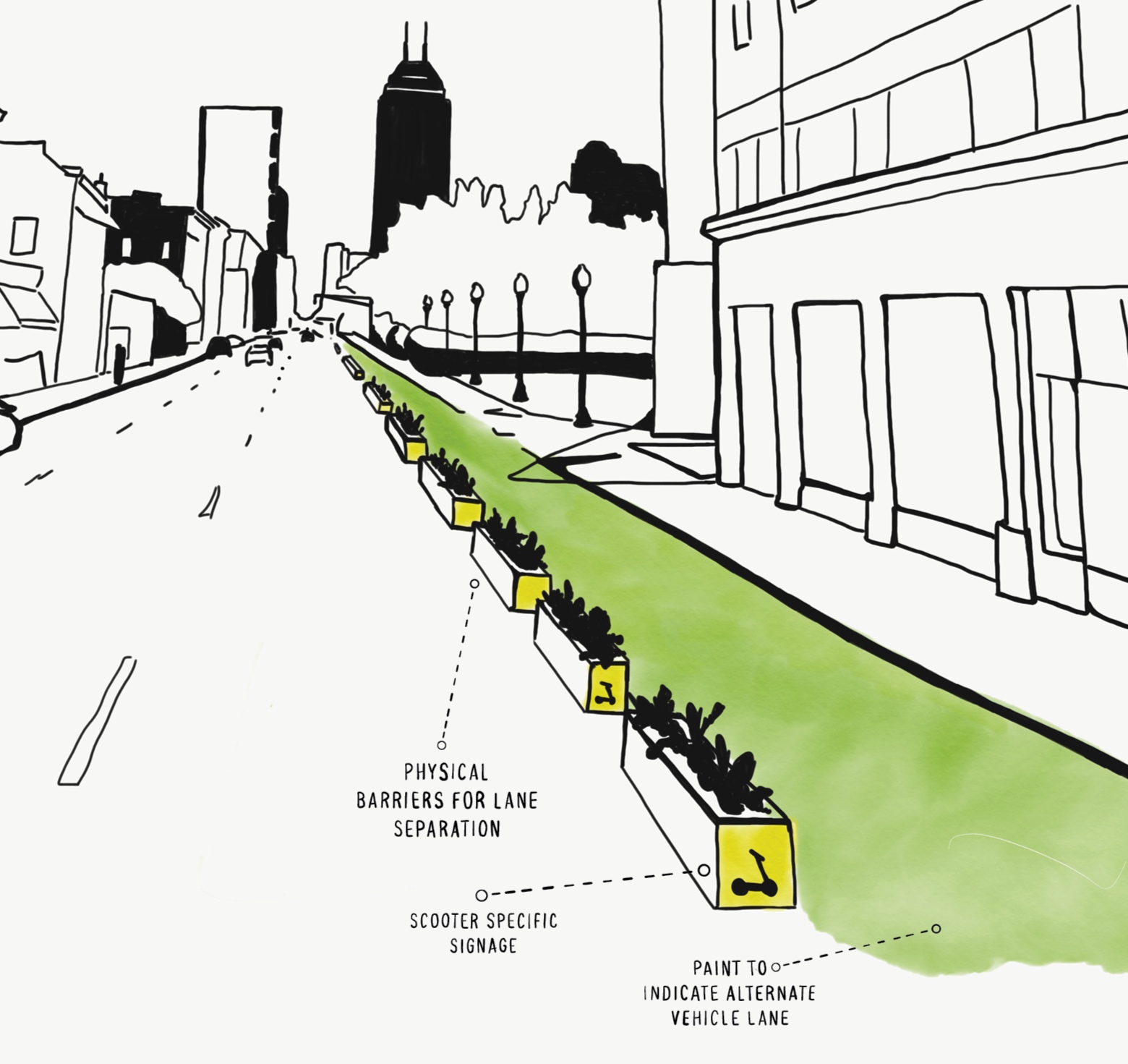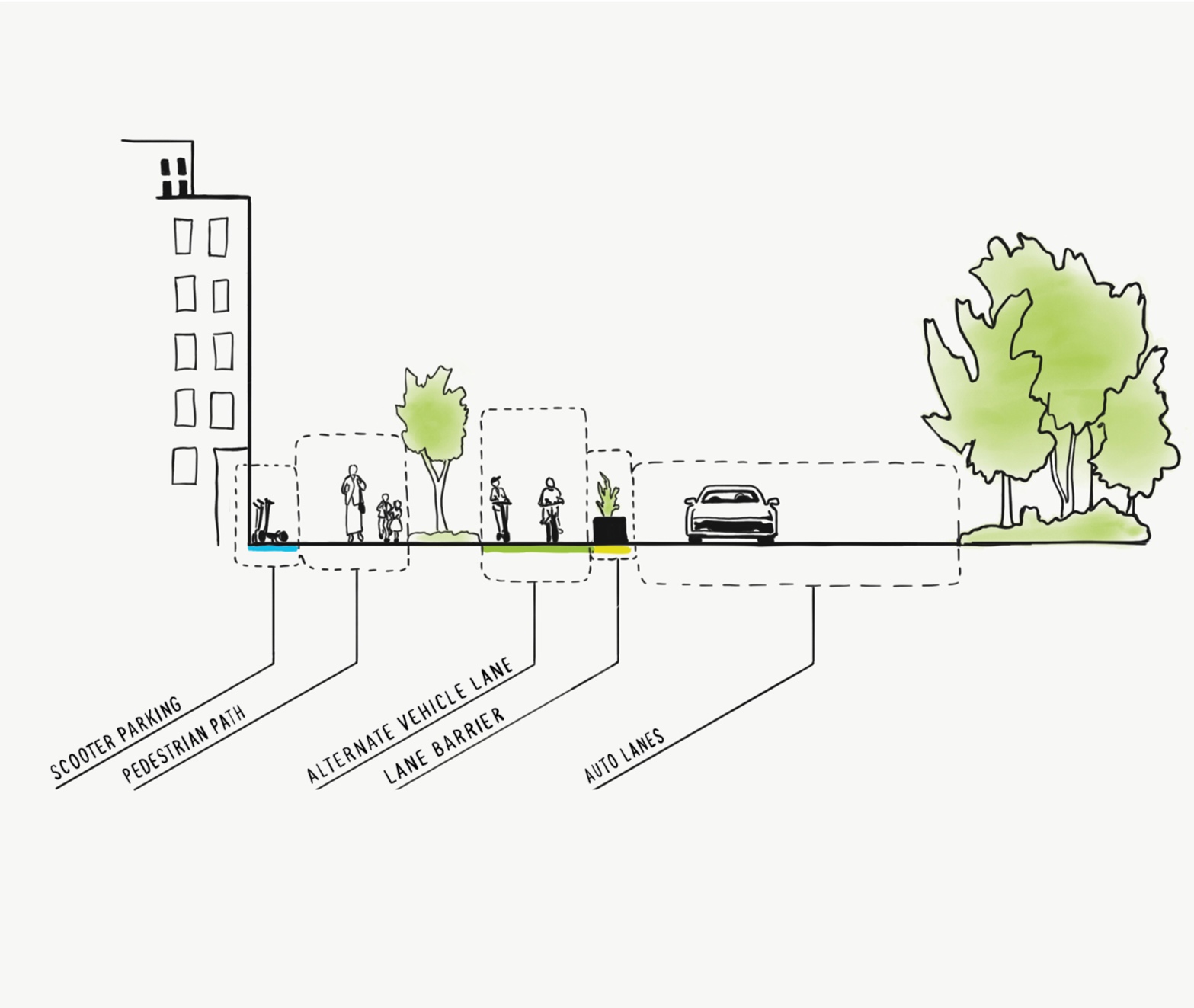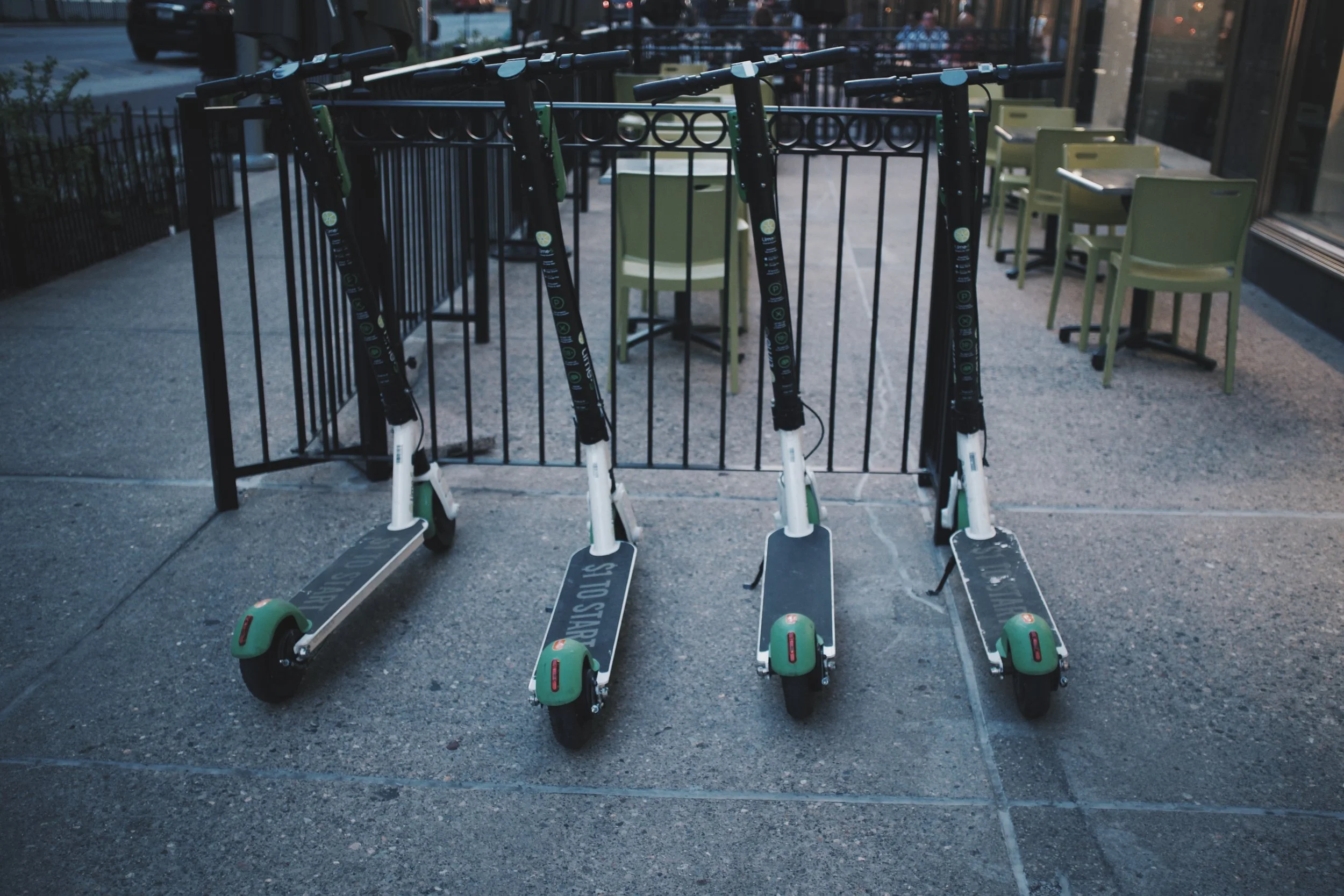integrating dockless electric scooters [design research]
overview
The goal of the project was to understand the impact of the Dockless Electric Scooter System on the City of Indianapolis and to discover opportunities the system has to benefit citizens.
In June of 2018, hundreds of dockless electric scooters were placed in the city of Indianapolis overnight by Bird Scooter, a Santa Monica based scooter-share company. Lime, another California based scooter company, followed soon after and suddenly the city of Indianapolis was faced with a unique challenge.
project partners
Graduate Students
Madison Anderson, Herron School of Art & Design; Jessica Bentley, Herron School of Art & Design; John Strachan, Herron School of Art & Design; and Kaivan Shah, IUPUI School of Informatics.
Faculty
Youngbok Hong, Professor of Visual Communication Design and Graduate Program Director, Design Thinking and Design Leadership
Office of the Mayor
Rusty Carr; CFO / COO, Department of Metropolitan Development; and Sonya Seeder; Administrator of License / Permit Services, Department of Metropolitan Development
methodology
The research team approached this problem with the human-centered design perspective. This approach begins with the needs of users and keeps those needs at the center of every step of the problem solving process.
The Herron Design Process Model was used as a framework for this research. Due to the scope and evolving nature of this project, the research team began in the Understand Phase and concluded the research in the Prototype Phase.
understanding + defining problem
The research team spent a month conducting the following methods:
literature review
product analysis
site observations
stakeholder interviews
This helped the team to gain a better understanding of the problems and opportunities the scooters brought to the city. Through analysis of the data, the researchers crafted five opportunity statements to help define the scope and direction of the project.
Opportunity Statements:
communication:
how might the city government and scooter companies better communicate the scooter rules and regulations to drivers, pedestrians and scooter riders?
rules / policy:
how might we encourage / incentivize / enforce individuals to follow the rules and policies?
system:
how might we create a system where riders, pedestrians, and drivers, all feel safe?
product:
how might we improve the scooter system considering safety, integration, education, and parking?
accessibility:
how might we make scooters accessible to residents with transportation needs considering stigma, bank access, and placement?
ideation + prototyping
With the five defined opportunities, the research team conducted three focus group sessions and an innovation sprint.
80+ participants
800+ ideas
The goal of these sessions was to understand the common sense consensus of citizens on how to address the defined challenges.
The researchers synthesized the ideas generated in these sessions and created an Opportunity Code Map that captured the types of solutions that participants found most desirable.
Opportunity Code Map
primary outcomes
The primary outcomes of this research were the development of data-driven user personas, storyboards, and solution models.
These personas captured six user types, classified based on their purpose for use:
young locals
young non-locals
local businesspersons
non-local businesspersons
students
chargers
low-income local
These data-driven personas and storyboards describe the conditions of experience for each user type and envision the ways in which their experiences could be improved.
Data-Driven Personas:
User Storyboard Example:
Solution Models:
conclusion + limitations
The research team recognizes the emergent nature of the dockless scooter system. With that recognition, this document is not intended as a detailed implementation plan. The value of this document is as a tool for stakeholders to better understand the problems and to explore potential solutions.
The research team was pleased to learn that the Office of Metropolitan Development began working on a plan for Scooter Equity Zones as a direct result of this research.
View the full research document here.

